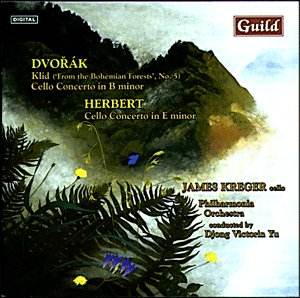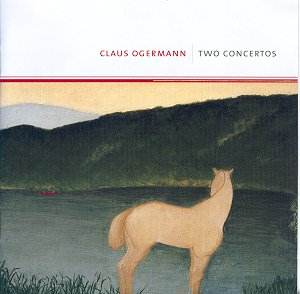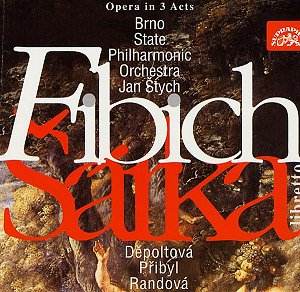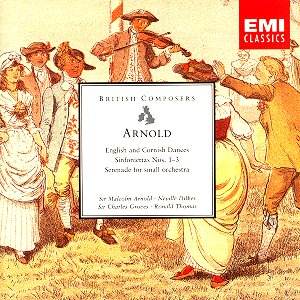 Composer: Antonín Dvořák (1841-1904), Victor Herbert (1859-1924)
Composer: Antonín Dvořák (1841-1904), Victor Herbert (1859-1924)
Works: Cello Concerto in B Minor, Op. 104; Klid (Silent Woods), Op. 68; Cello Concerto No. 2 in E Minor, Op. 30
Performers: James Kreger (cello), Philharmonia Orchestra/Djong Victorin Yu
Recording: Fairfield Hall, Croydon, London, 2001
Label: Guild GMCD 7235
The pairing of Dvořák’s Cello Concerto in B Minor and Herbert’s Second Cello Concerto on this Guild recording presents a fascinating intersection of musical thought from two composers deeply influenced by the Germanic tradition yet distinctly rooted in their respective cultural narratives. Dvořák, the Czech master, composed his concerto during a transformative period in his life, shortly after his arrival in America. Herbert, an Irish-born composer and cellist, was inspired by Dvořák’s presence and artistry in New York, leading to an intriguing cross-pollination of ideas that echoes throughout both works.
James Kreger’s interpretation of Dvořák’s Cello Concerto is marked by a powerful command of the instrument, delivering the work’s opening Adagio with a brooding gravitas that sets a compelling tone. The familiar melancholy of the main theme, reminiscent of the New World Symphony, is rendered with expressive nuance, particularly in Kreger’s ability to convey the underlying emotional turbulence that permeates the work. The orchestration under Djong Victorin Yu is rich and supportive, though there are moments when the balance between the cello and the orchestra could be better managed; particularly, the first violins occasionally recede too much into the background, diminishing their role in the counter-melodies that are integral to Dvořák’s orchestral texture.
As the performance progresses into the Allegro ma non troppo, Kreger’s agility shines through, navigating the intricate melodic lines with deftness. However, comparisons with other recordings, such as the renowned Rostropovich version with Karajan, reveal that Kreger’s execution, while emotionally resonant, occasionally lacks the security found in Lloyd Webber’s more recent interpretations. Kreger’s pacing in the second movement is slower than Lloyd Webber’s, allowing for a more reflective interpretation, but one might yearn for a bit more urgency that would elevate the drama inherent in Dvořák’s writing.
Herbert’s Second Cello Concerto, while less frequently performed, offers a fascinating glimpse into the composer’s stylistic development and emotional landscape. Kreger approaches the Allegro impetuoso with a palpable intensity, though the thematic material itself appears somewhat derivative in comparison to Dvořák’s work. Herbert’s orchestration is skillful, yet it lacks the depth and complexity that characterizes Dvořák’s writing. The Lento movement provides a tender respite, where Kreger’s warm tone is particularly effective, revealing the lyrical qualities that make Herbert’s writing endearing. However, the finale, while engaging, feels less impactful than the climaxes found in Dvořák’s concerto, often leaving the listener wanting for a more profound resolution.
The recording quality is commendable, with a clear balance between soloist and orchestra. The sound engineering captures the richness of Kreger’s cello, allowing the subtleties of his dynamic range to emerge, particularly in the more intimate passages. Nonetheless, some orchestral sections appear unnecessarily recessed, and the pizzicato passages are overly pronounced, creating a slight imbalance in the overall texture.
Kreger’s performance is distinguished by its emotional depth and technical precision, even as it sometimes falls short of the interpretive richness found in other notable recordings. The juxtaposition of these two cello concertos illustrates the broader narrative of late 19th-century music, where personal experience and cultural exchange shaped the works of these composers. Kreger’s collaboration with the Philharmonia Orchestra under Yu does justice to both pieces, highlighting the connections and contrasts between Dvořák and Herbert in a compelling manner. This recording serves not only as a testament to Kreger’s artistry but also as a valuable exploration of the intersections between two prominent figures in the realm of cello repertoire.


